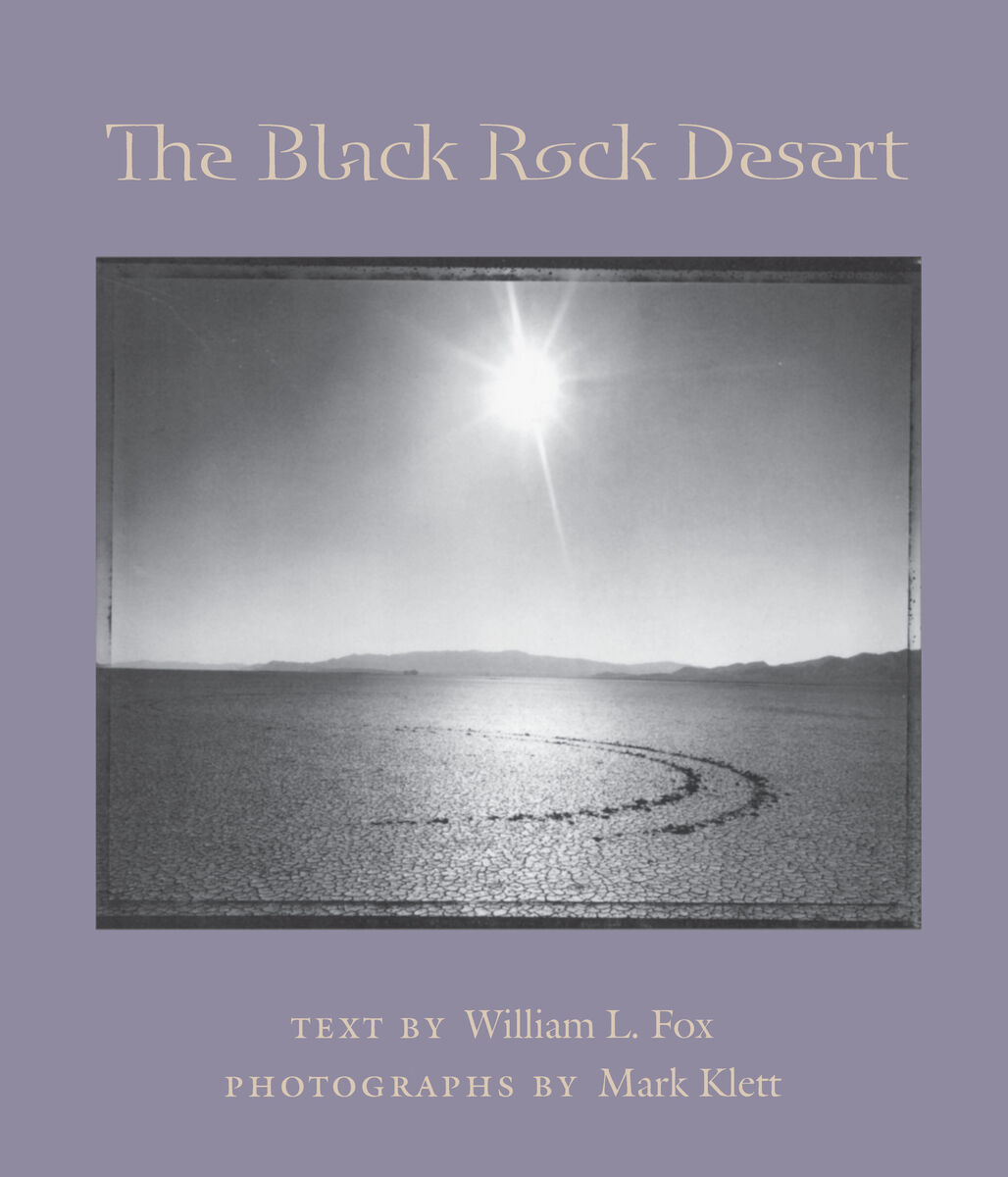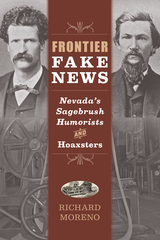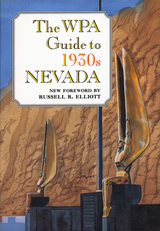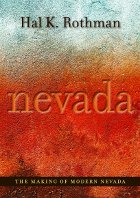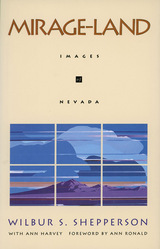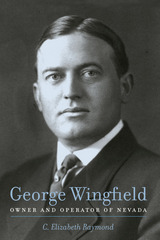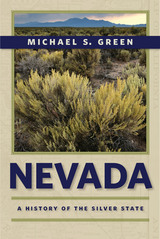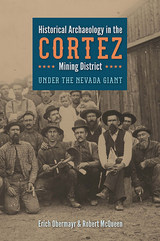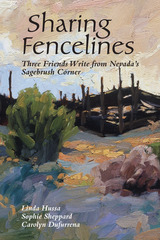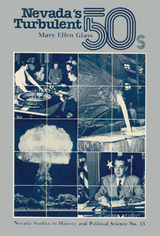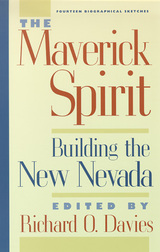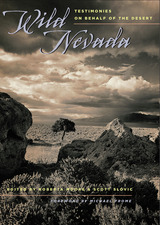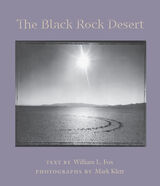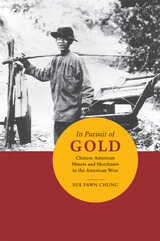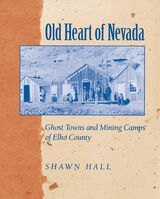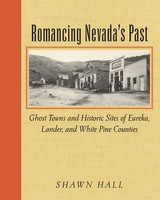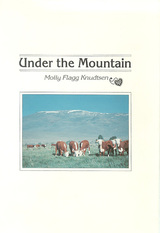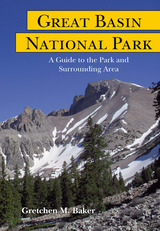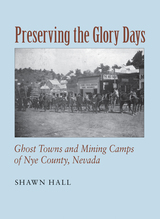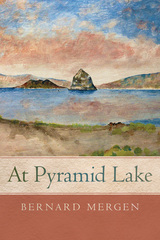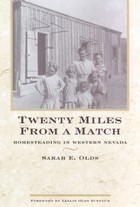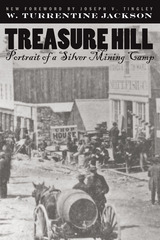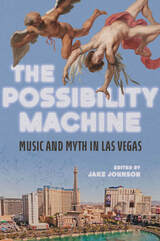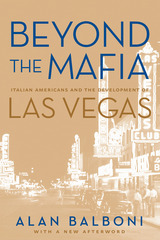The Black Rock Desert
University of Arizona Press, 2002
Paper: 978-0-8165-2172-2
Library of Congress Classification F847.B53F69 2002
Dewey Decimal Classification 979.354
Paper: 978-0-8165-2172-2
Library of Congress Classification F847.B53F69 2002
Dewey Decimal Classification 979.354
ABOUT THIS BOOK | AUTHOR BIOGRAPHY | REVIEWS
ABOUT THIS BOOK
It is the only absolute desert in North America, a four-hundred-square-mile dry lake bed so desolate that nothing ever grows there. Vast and featureless, Nevada's Black Rock Desert defies visual measurement—much to the consternation of off-roaders who venture out onto this playa only to run out of gas before reaching the other side. It is the largest flat area on the continent, where the sound barrier was broken in a car. And it is a place of total silence—not even birds or insects live here—except when thousands of humans congregate for the Burning Man Festival on Labor Day weekend. Writer and poet William Fox has demonstrated his familiarity with the Great Basin in such respected books as Mapping the Empty, just as Mark Klett has been documenting the landscape of the American West in his acclaimed photographic studies. Now these accomplished artists turn their combined talents to an appreciation of this desolate corner of North America, where the only change in scenery comes with the shifting pattern of cracks in the earth after seasonal rains. The Black Rock Desert is a philosophical and visual meditation on an extraordinary place virtually devoid of the usual physical features one relies on for orientation and comfort. It invites readers to consider how the mind responds to a place so empty that it's both physically overpowering and psychically disorienting. Klett's photographs are austere yet innovative, admitting the vastness of the desert yet never letting us forget that traces of human passage and perception are ubiquitous. Fox's contemplative essays bring us news of both the natural desert and its cultural occupation, from the explorations of John C. Frémont to the exaltations of Burning Man. Together, Fox and Klett have forged an introspective guide to a place so daunting that few dare to venture there alone. For anyone seeking to understand how and why we perceive deserts the way we do, their book charts the rugged intersection of the American landscape and the human spirit.
See other books on: 1949- | 1952- | Essays & Travelogues | Fox, William L. | Nevada
See other titles from University of Arizona Press
